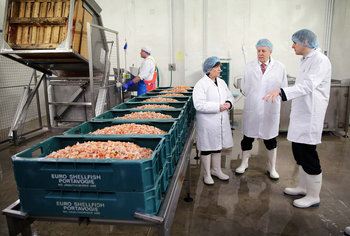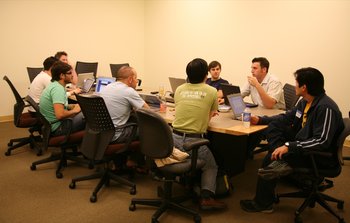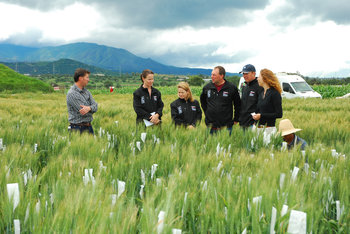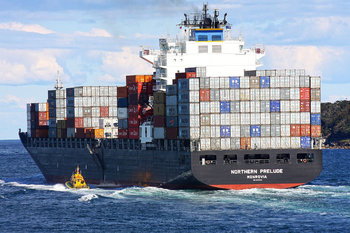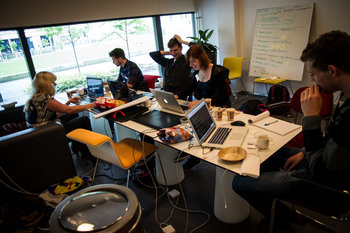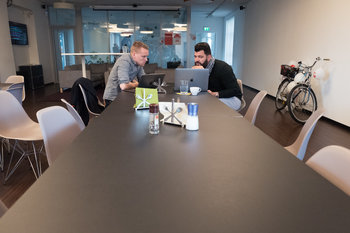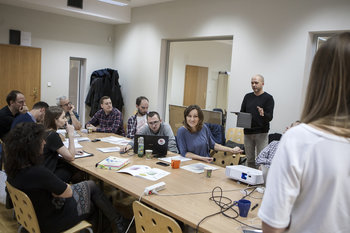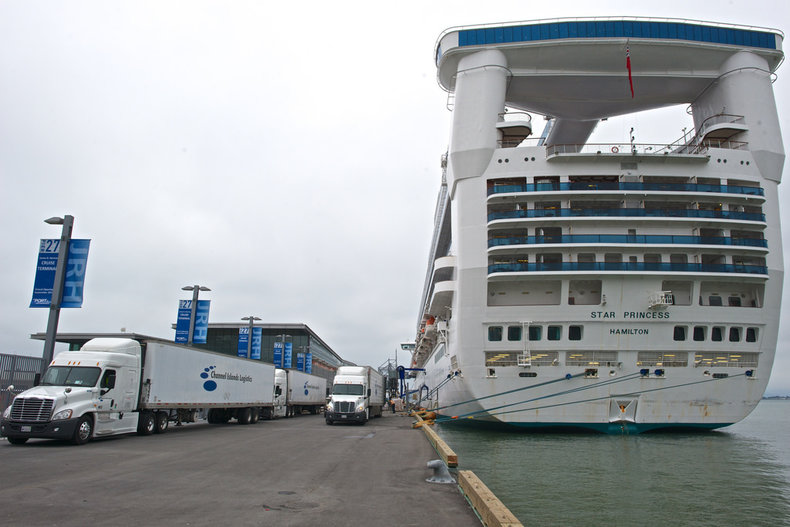
Compliance
Confirming that supplier facilities and processes comply to standards and requirements in areas such as quality and sustainability.Risk
Managing procurement risk by identifying risks and treating them with techniques such as insurance or mitigation steps.Scheduling
Management or oversight of the dates on purchase orders and other supply chain artifacts and plans.Production Control
Confirming that production is underway and likely to be completed on time. This may involve field visits to identify potential problems.Quality Control
Oversight of quality control processes such as non-destructive testing of units.Pre-shipment Inspection
Identifying any problems with a shipment before it departs the supplier.Process Control
Monitoring and controlling supply chain processes. For example, obtaining documents such as shipping documents and customs documents to analyze them for errors.Escalation
Escalating issues to management and to the supplier to prevent disruption of business processes such as a production line, construction project or voyage of a cruise ship.Acceptance
Inspection and testing of products when they are received. This may be done in the field. For example, at a construction site.Overage, Shortage & Damage
Follow up with supplier on any order problems such as overage, shortage and damage.Penalties
Accounting for any penalties that may occur based on contracts with suppliers.Accounting
Contributing data and analysis for accounting processes such as accounts receivable and inventory.Supplier Management
Supplier management such as evaluation of a supplier's performance.| Overview: Expediting | ||
Type | ||
Definition | The oversight of supply chain processes in support of procurement. | |
Related Concepts | ||






